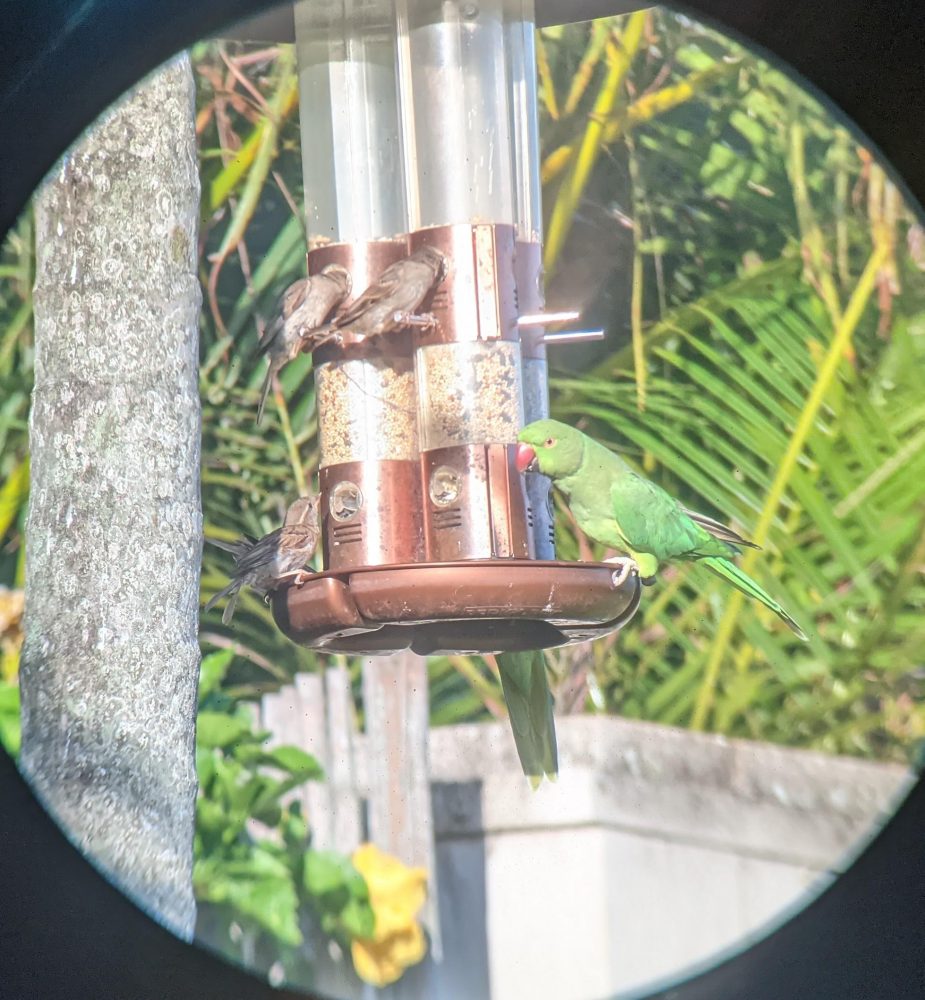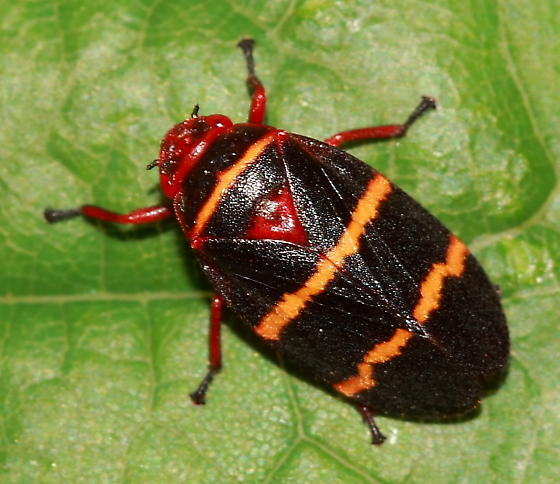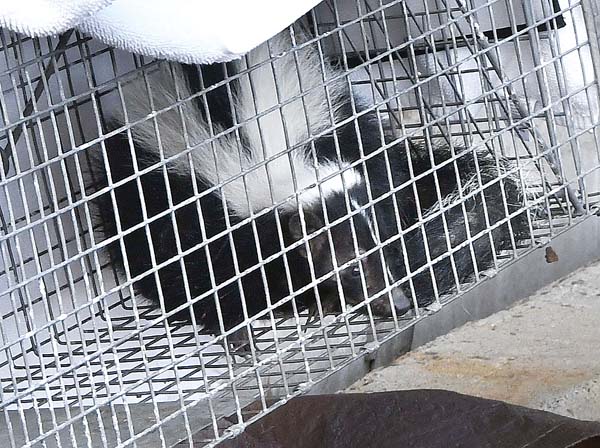In July 2021, a Kīhei resident reported a strange-looking bird near their condo to the State-wide online pest reporting system,…
Read More
643PEST
Two-lined spittlebug: A threat to Hawaiʻi’s ranches, watersheds
In 2016, a rancher on Hawaiʻi Island saw a large swath of his green pastures quickly turn brown. Surveys revealed…
Read More
Don’t Let Hawaii Get Skunked: Preventing A Smelly Invader
Hawaiʻi is the only state in the U.S. that is rabies-free. State law requires that dogs, cats and carnivores complete…
Read More



